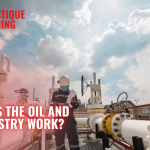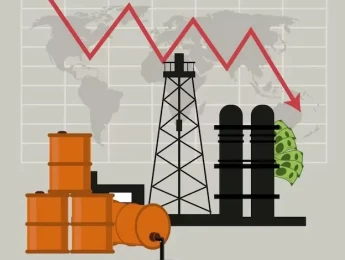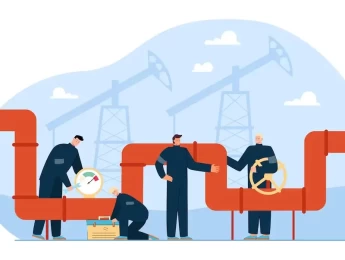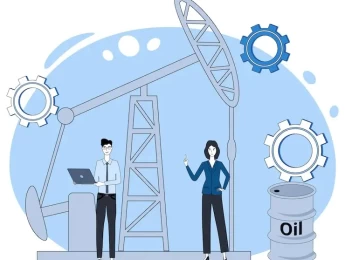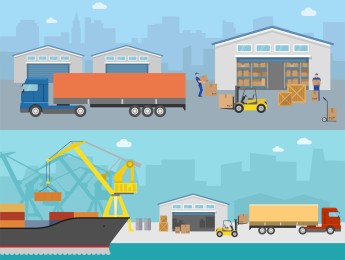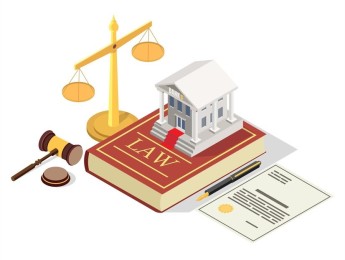Offshore structural engineering is a specialised area that requires comprehensive knowledge, and this course aims to offer candidates a full picture of up-to-date techniques for offshore structures, including general and steel jackets. It looks at the wider view of the ocean and structural design. You will learn about different types of fixed offshore platform structures and understand designs and loading. The latest recommendations and techniques for analysing and maintaining the structure and the pushover structure analysis are included.
The best configuration and layout must be selected to ensure the platform's stability. We must also consider the construction and repair of existing and mature structures. The sections will cover underwater risk-based inspection and the latest methodology for this. Completing this course will allow you to demonstrate a good understanding of all offshore platforms' design, construction and risk-based maintenance. All required standards and codes are included.
Upon completion of this course, participants will be able to:
- Demonstrate an understanding of all aspects of offshore structures, including planning, concept development, design, construction, installation, operation, inspection and maintenance
- Show understanding of the use of current, applicable engineering methods in the design of the fixed offshore platform
- Demonstrate the steps of fabrication/construction and the ways to control these steps
- Show a good understanding of offshore platforms' design, construction and risk-based maintenance, including theory and process.
- Determine new technology for the material of surface and subsurface structures.
- Show familiarity with the most updated inspection/maintenance/loads applied for the offshore structures.
- Know the different types of offshore structures including advantages/disadvantages/design requirements.
- Demonstrate the capability to recognise inspection codes and assess an existing offshore structure platform.
- Identify types of preventive/recommended practices for maintenance in offshore structures.
This course is intended for
- Design structural engineers
- Supervision engineers
- Planners
- Steel fabricators
- Construction engineers
- Project engineers
- Design Engineers
- Project Managers from oil & gas, construction, design and installation Companies and Regulatory Authorities
- Anyone moving into offshore structural engineering
- Anyone with responsibilities that include offshore structures
Teaching takes place in various settings, including face-to-face in a classroom environment and will ensure that participants can expand their knowledge of the subject and increase their skill set. The course is delivered via various methods by a specialist tutor. This will include PowerPoint presentations, reviewing articles and other relevant materials, group or individual exercises and discussions. There may be some independent work set, and the course will require submitting articles to demonstrate understanding and an end-of-course test. Note-taking is encouraged, and you are welcome to use electronic devices to do this.
The course manual will form part of the learning but will give you references for the future. You are encouraged to ask questions and, if needed, spend time one-on-one with your tutor to review any issues. You can network with peers in similar roles during your time in the classroom.
Day 5 of each course is reserved for a Q&A session, which may occur off-site. For 10-day courses, this also applies to day 10
Section 1: Introduction to Offshore Structures and Standards
- Basic designs of fixed offshore structures
- Standards, specifications and design parameters
- General design considerations
- Standard/Special Steels: Selecting materials
- Optimising cost by design
- Project management for fixed offshore structures
- Offshore structures: loads effects
- ISO19002 and APIRP2A relating to the applied load
Section 2: Wave Loading, Metocean and Buoyancy
- Offshore site investigating
- Meteorological and oceanographical data
- Wave theories/spectral analysis application
- Computational Hydrodynamics, wind and wave forces
- Buoyancy and Stability
- Introduction for subsea structures facilities
- New Technology for the material of surface and subsurface structures
Section 3: Geotechnics, Piles and Structural Analysis
- Offshore structures: Geotechnical engineering
- Offshore pile design
- Design of axially loaded piles
- Design of laterally loaded piles
- Computer-aided design (SACS, SESAM)
- Topsides and jacket designs
- Optimum platform configurations
Section 4: Design and Specialised Analysis in Detail
- Design of tubular members and tubular joints
- Welding and weld design/welding fatigue
- Concepts of dynamic analysis
- Fatigue design – deterministic and spectral
- Earthquake and seismic analysis
- Soil dynamics & mudslides
- Transportation and installation of load out
- Marine operations
- Pushover analysis
Section 5: Structural Integrity: Repair, Risk and Reliability
- Offshore structures inspection
- Codes of inspection
- Inspection reporting
- Maintenance/remedy action
- Offshore structures: preventive maintenance
- Recommended practices: maintaining offshore structures
- Structural reliability/integrity principles
- Cathodic protection design and anode retrofit
- Risk assessments
- Risk-based maintenance and ROV inspection techniques
- Repair procedure for damaged members
Upon successful completion of this training course, delegates will be awarded a Holistique Training Certificate of Completion. For those who attend and complete the online training course, a Holistique Training e-Certificate will be provided.
Holistique Training Certificates are accredited by the British Assessment Council (BAC) and The CPD Certification Service (CPD), and are certified under ISO 9001, ISO 21001, and ISO 29993 standards.
CPD credits for this course are granted by our Certificates and will be reflected on the Holistique Training Certificate of Completion. In accordance with the standards of The CPD Certification Service, one CPD credit is awarded per hour of course attendance. A maximum of 50 CPD credits can be claimed for any single course we currently offer.
- Course Code IND01-103
- Course Format Classroom, Online,
- Duration 5 days


